The revised Law on Value Added Tax (VAT) will apply a 5% tax rate on fertilizers, instead of tax exemption as currently regulated.
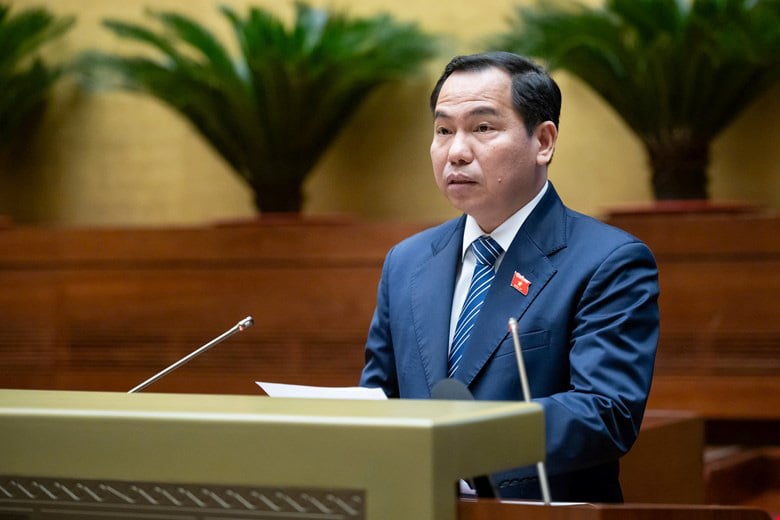
Chairman of the National Assembly's Finance and Budget Committee Le Quang Manh - Photo: GIA HAN
On the afternoon of November 26, with a majority of votes in favor, the National Assembly passed the amended Law on Value Added Tax (VAT). Chairman of the National Assembly's Finance and Budget Committee Le Quang Manh previously presented a report explaining, accepting, and revising this bill.
Are farmers bearing the brunt of rising fertilizer costs?
The previous delegate said that applying a 5% VAT on fertilizers would increase the budget by 1,500 billion VND and farmers would have to bear the burden.
Mr. Manh said: "If a tax rate of 5% is applied, fertilizer importers will have to pay 1,500 billion VND in VAT to the budget from the import stage (based on the 2023 import turnover).
However, the import turnover of fertilizers will tend to decrease due to the application of 5% VAT, leading to the actual revenue to the budget being lower than the figure of 1,500 billion VND.
According to Mr. Manh, the VAT collected from imported fertilizers will have to be offset against the VAT, and will have to be refunded to domestic enterprises, so the impact of increasing budget revenue due to applying 5% VAT is insignificant and if any, will be much lower than the figure of 1,500 billion VND.
In addition, the issuance of this policy is not for the purpose of increasing budget revenue; the budget revenue after being offset against the amount to be refunded to enterprises, if any, can be used by the State for the purposes of supporting the production, processing and consumption of agricultural products.
On the other hand, according to Mr. Manh, the amount of budget revenue collected will not be completely transferred to the selling price to create a burden for farmers, because farmers can choose to buy domestically produced fertilizers at cheaper prices instead of buying imported fertilizers.
Importers will have to balance their selling prices in harmony with the general level of the domestic market to ensure consumption capacity.
"According to the Fertilizer Association and domestic fertilizer manufacturers, the application of the new policy also has some positive impacts on farmers. Accordingly, when businesses are refunded input VAT, they have more capital and are motivated to invest in research, technological innovation, and production of high-efficiency fertilizers and new generation fertilizers.
This will contribute to increasing crop productivity, improving product quality, thereby increasing the efficiency of sustainable cultivation. When businesses increase investment in domestic production, the amount of imported fertilizer will gradually decrease," Mr. Manh explained.
If tax exemption, the State must spend thousands of billions of dong
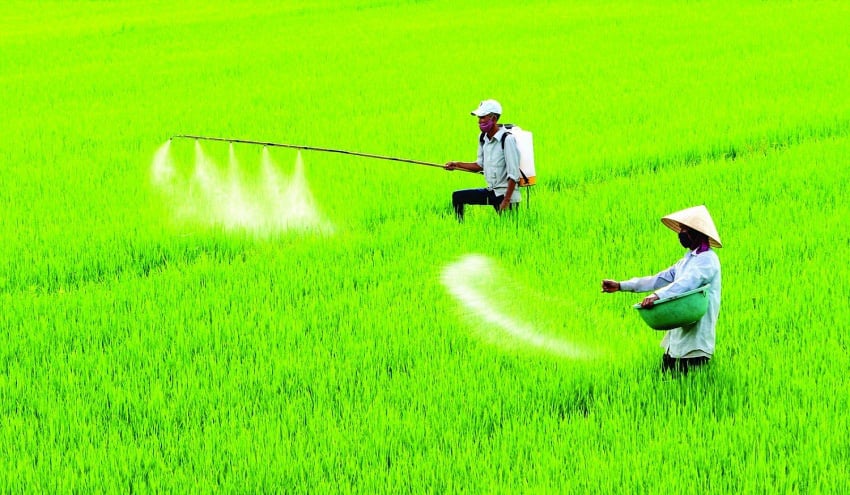
Farmers worry that the imposition of a 5% VAT will increase fertilizer prices - Photo: TT
One of the issues that delegates are most concerned about is the bill's provision of a 5% tax rate on fertilizers.
Some opinions suggest continuing to exempt taxes on fertilizers and specialized machinery and equipment serving agricultural production as currently.
The reason for this opinion is because the delegate believes that applying a 5% tax will increase fertilizer prices, businesses will benefit, the state budget will increase revenue by 1,500 billion VND (from imported fertilizers), but farmers will have to bear the loss.
Explaining this issue, Mr. Manh said: "As the delegate's opinion, if fertilizers are applied with a 0% tax rate, it will ensure benefits for both domestic fertilizer manufacturing enterprises and fertilizer importing enterprises because imported fertilizers and domestically produced fertilizers will both be refunded the input VAT paid and will not have to pay value added tax on fertilizers when sold."
However, the National Assembly Standing Committee believes that in this case, the state budget will have to spend thousands of billions of VND every year to refund input value-added tax to businesses.
Statistics from the General Department of Taxation show that the total input value-added tax for fertilizer production in 2019-2023 that is not deductible (due to the current policy that fertilizer is not subject to tax) is more than VND 8,900 billion. If a 0% tax rate is applied, the budget will have to refund this input tax to businesses.
In addition to the disadvantage for the budget, Mr. Manh said that applying a 0% tax rate to fertilizers is contrary to the principles and practices of value-added tax, which is that a 0% tax rate only applies to exported goods and services, not to domestic consumption.
"Applying in this direction will break the neutrality of tax policy, create a bad precedent and be unfair to other manufacturing industries. If the tax rate is set at 1% or 2% for fertilizers, it is also not consistent with the goal of VAT reform. Accordingly, the number of tax rates should be reduced, not increased compared to current regulations," said Mr. Manh.
Concerns that fertilizer businesses collude to increase prices are well-founded, there will be solutions to prevent it.
Chairman of the National Assembly's Finance and Budget Committee Le Quang Manh also expressed concerns that domestic manufacturing enterprises may collude with traders to import fertilizers to increase the selling price of fertilizers on the market, which is reasonable, because the goal of enterprises is profit.
However, currently, fertilizer is a commodity subject to state price stabilization. Therefore, when the new policy is implemented, if there are signs of instability in the market, state management agencies can implement price stabilization measures.
The National Assembly Standing Committee will also include in the draft resolution of the session a request for the Government to direct state management agencies to ensure market management measures and strictly handle cases where domestic fertilizer production enterprises take advantage of newly issued policies, collude with private traders to commit profiteering acts that cause large fluctuations in market prices, affecting the agricultural sector.
Source: https://tuoitre.vn/chinh-thuc-danh-thue-5-doi-voi-phan-bon-20241126164028319.htm



![[Photo] Closing of the 11th Conference of the 13th Central Committee of the Communist Party of Vietnam](https://vstatic.vietnam.vn/vietnam/resource/IMAGE/2025/4/12/114b57fe6e9b4814a5ddfacf6dfe5b7f)


![[Photo] Overcoming all difficulties, speeding up construction progress of Hoa Binh Hydropower Plant Expansion Project](https://vstatic.vietnam.vn/vietnam/resource/IMAGE/2025/4/12/bff04b551e98484c84d74c8faa3526e0)



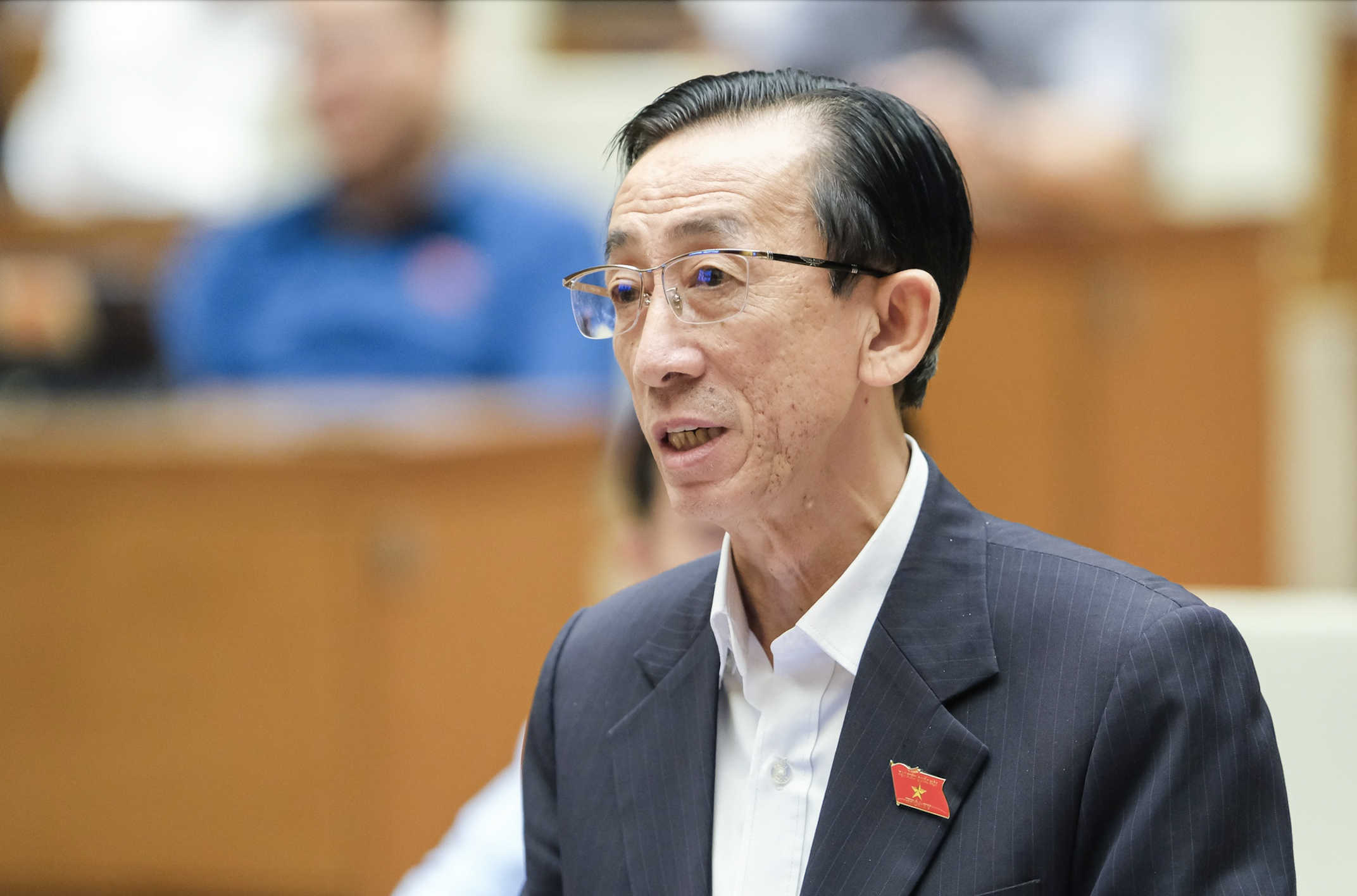

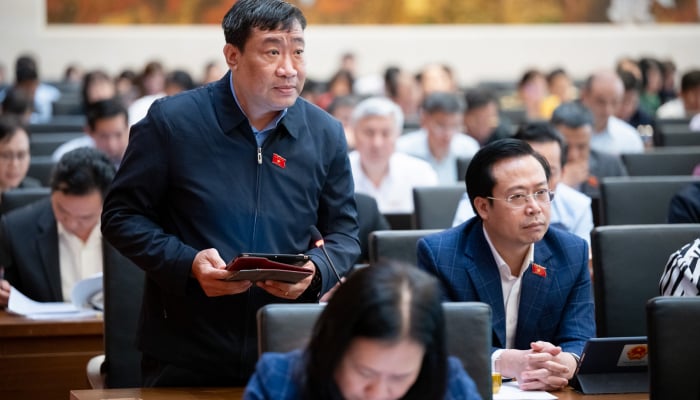




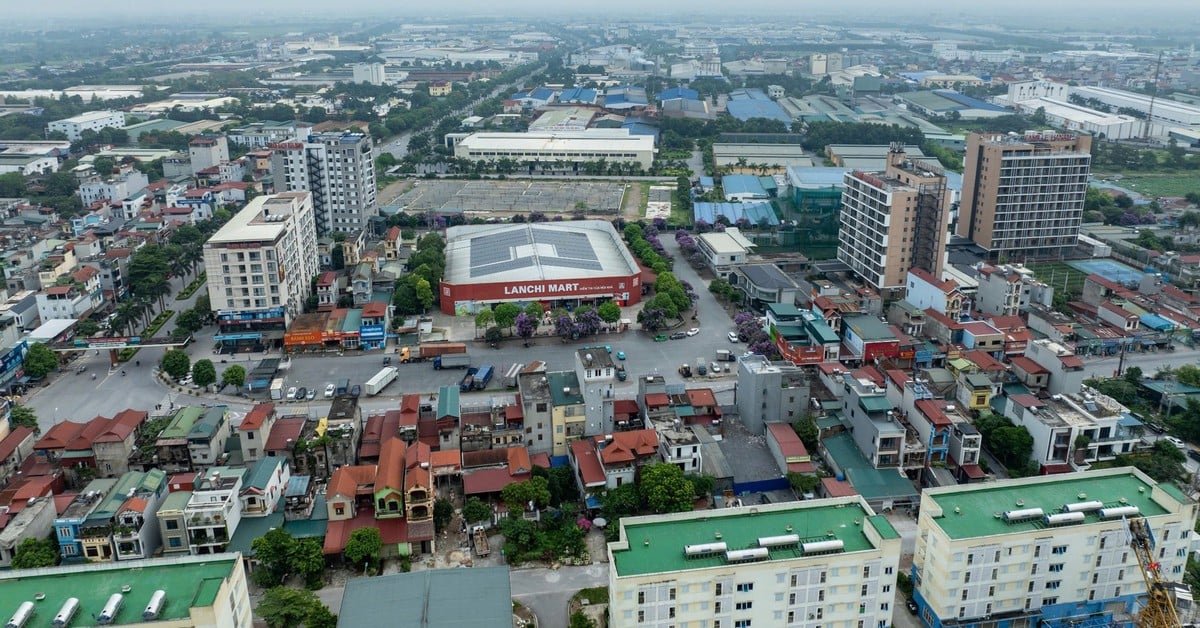



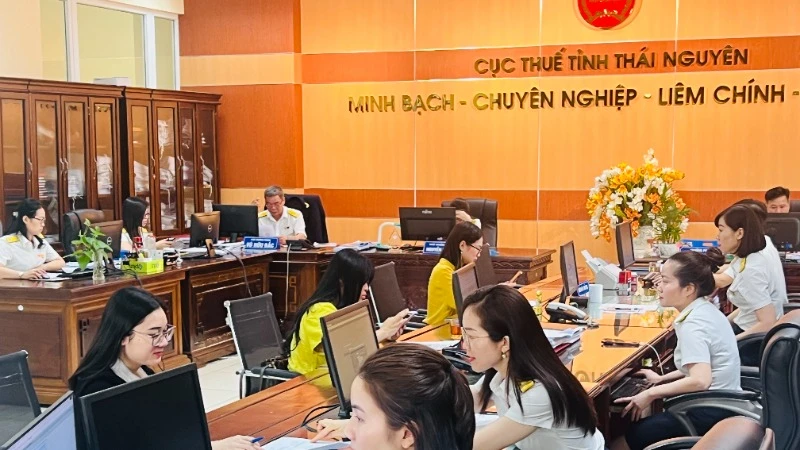
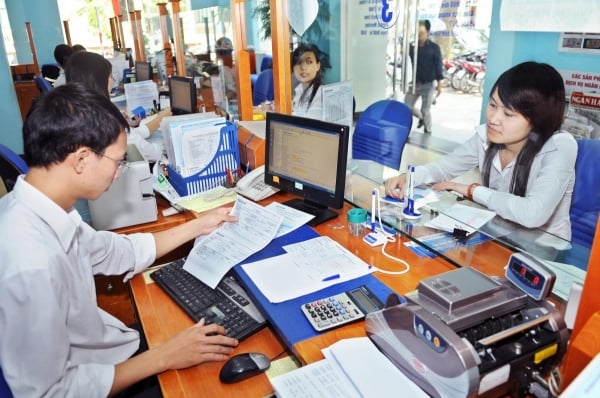
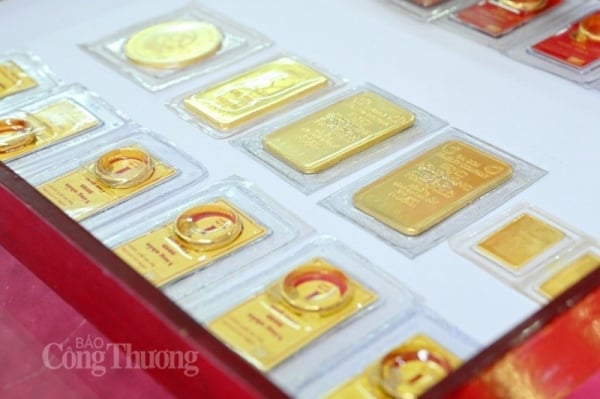



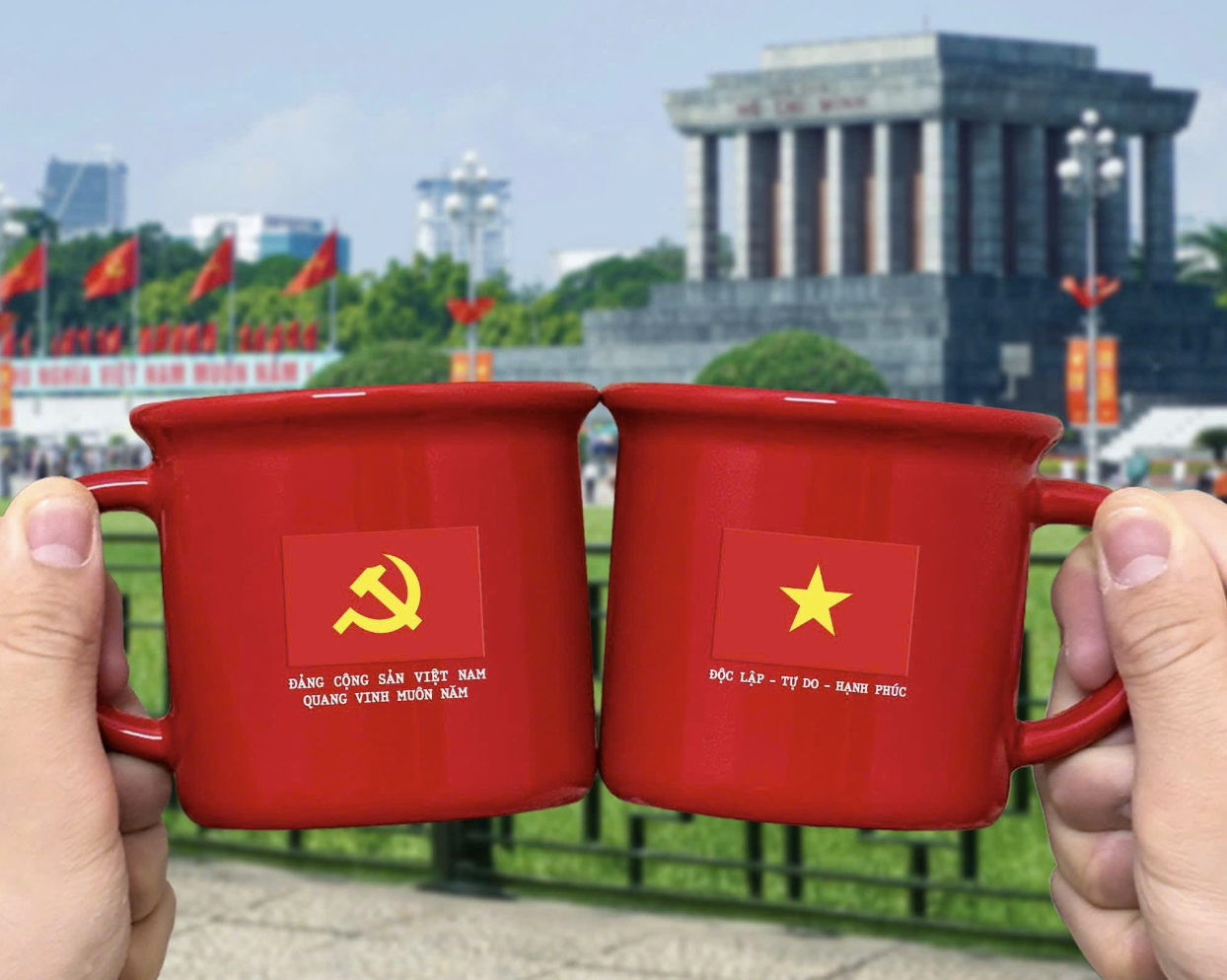




















































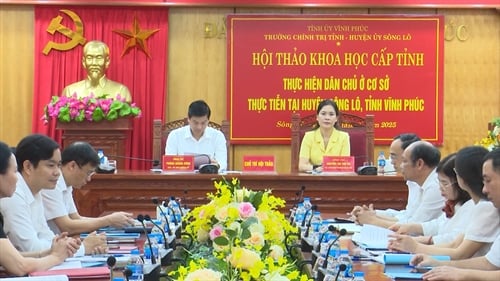











Comment (0)